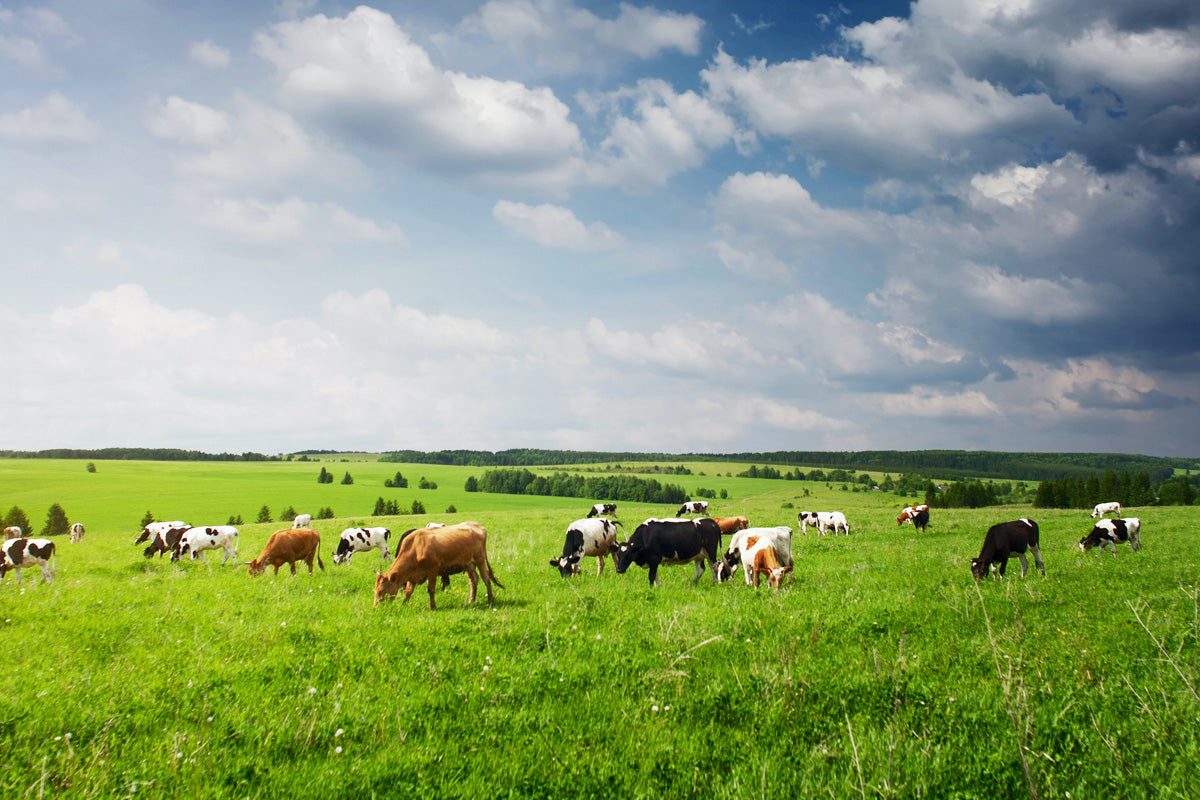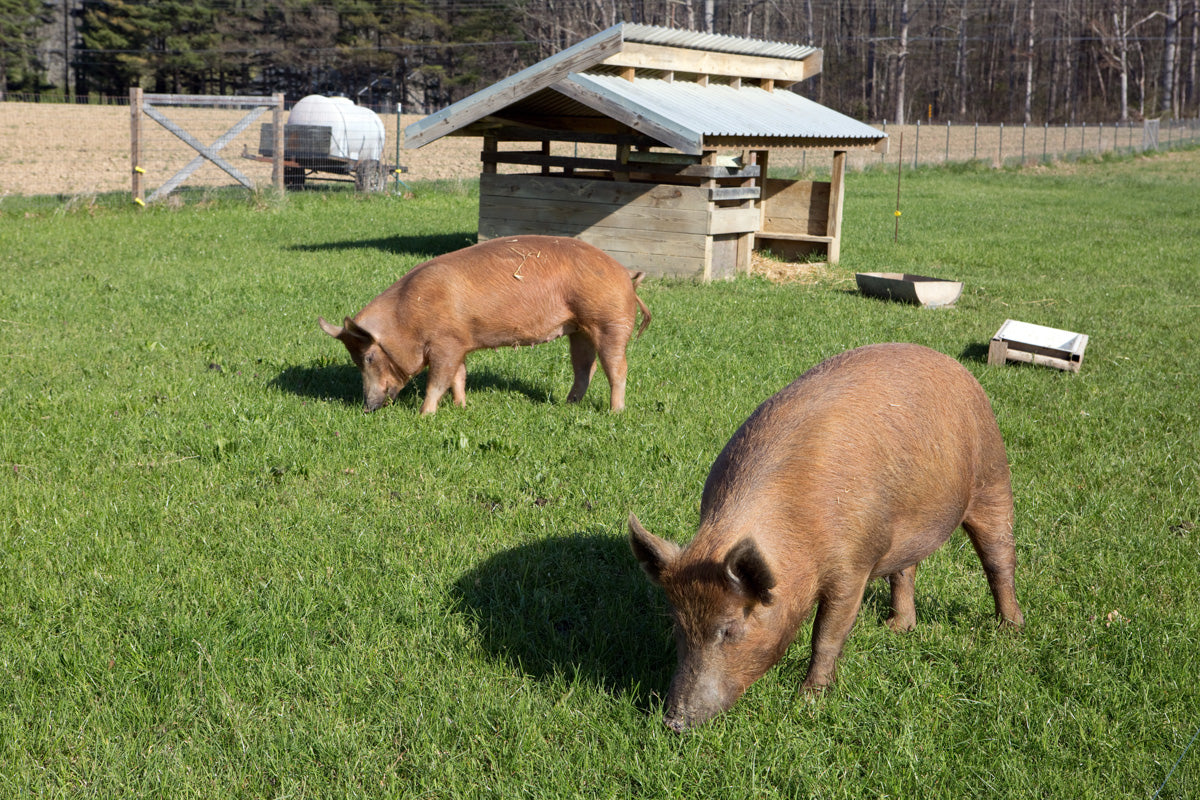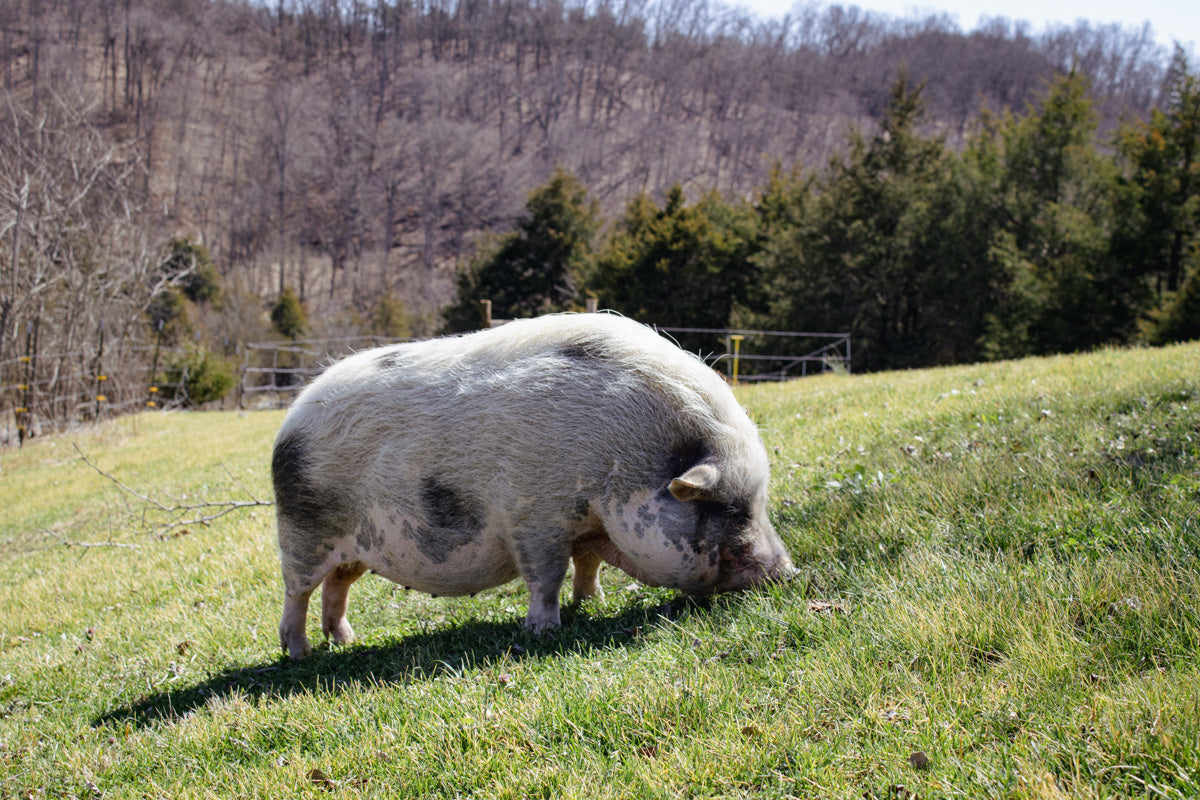Cows, the gentle giants of the animal kingdom, have been intertwined with human civilisation for centuries. Their role in providing dairy products and meat has made them an integral part of agricultural practices worldwide. Have you ever wondered how long cows actually live? In this article, we will explore the lifespan of cows, shedding light on the factors that influence their longevity.
The lifespan of cows can vary depending on several factors. One crucial determinant is the purpose for which they are raised. Dairy cows, bred primarily for milk production, usually have a shorter lifespan compared to beef cattle. Additionally, factors such as genetics, overall health, living conditions, and the level of care provided all play a significant role in determining how long a cow will live.
Dairy Cows: The Life of a Milk Producer
Dairy cows are typically productive for a limited number of lactation cycles. A lactation cycle refers to the period when a cow produces milk, which lasts around 305 days. The average lifespan of a dairy cow ranges from 6 to 7 years. However, it is essential to note that not all dairy cows reach the end of their natural lifespan due to economic considerations. Once their milk production declines, they are often culled from the herd and replaced by younger, more productive cows.
Beef Cows: From Pasture to Plate
Beef cows, raised primarily for meat production, follow a different trajectory. They are typically slaughtered at around 18 months to 3 years of age, depending on the desired meat quality. These cows are often not allowed to live out their full natural lifespan due to the purpose they serve. However, if a beef cow is kept for breeding purposes, it can live longer, usually reaching 10 to 20 years of age.
Several factors can contribute to the longevity of cows. Genetic factors play a significant role, as certain breeds have been selectively bred for specific traits, including robust health and long lifespans. Good nutrition, proper veterinary care, and disease prevention measures also contribute to a cow's overall health and longevity. Furthermore, the living conditions, including access to clean water, adequate space, and comfortable shelter, can significantly impact their lifespan.
The care and management practices implemented on a farm have a direct impact on the lifespan of cows. Regular health check-ups, vaccination protocols, and proper nutrition are crucial elements of cow management. Providing a stress-free environment, with minimal exposure to extreme weather conditions and proper sanitation, helps reduce the risk of diseases and increases the chances of cows living longer, healthier lives.
While the average lifespan of cows varies depending on their purpose, dairy cows generally live for around 6 to 7 years, whereas beef cows are typically slaughtered before reaching their natural lifespan. Factors such as genetics, health, living conditions, and proper care all influence the longevity of cows. As stewards of these magnificent creatures, ensuring their well-being and providing them with the best possible conditions can contribute to their extended lifespan and overall welfare.




